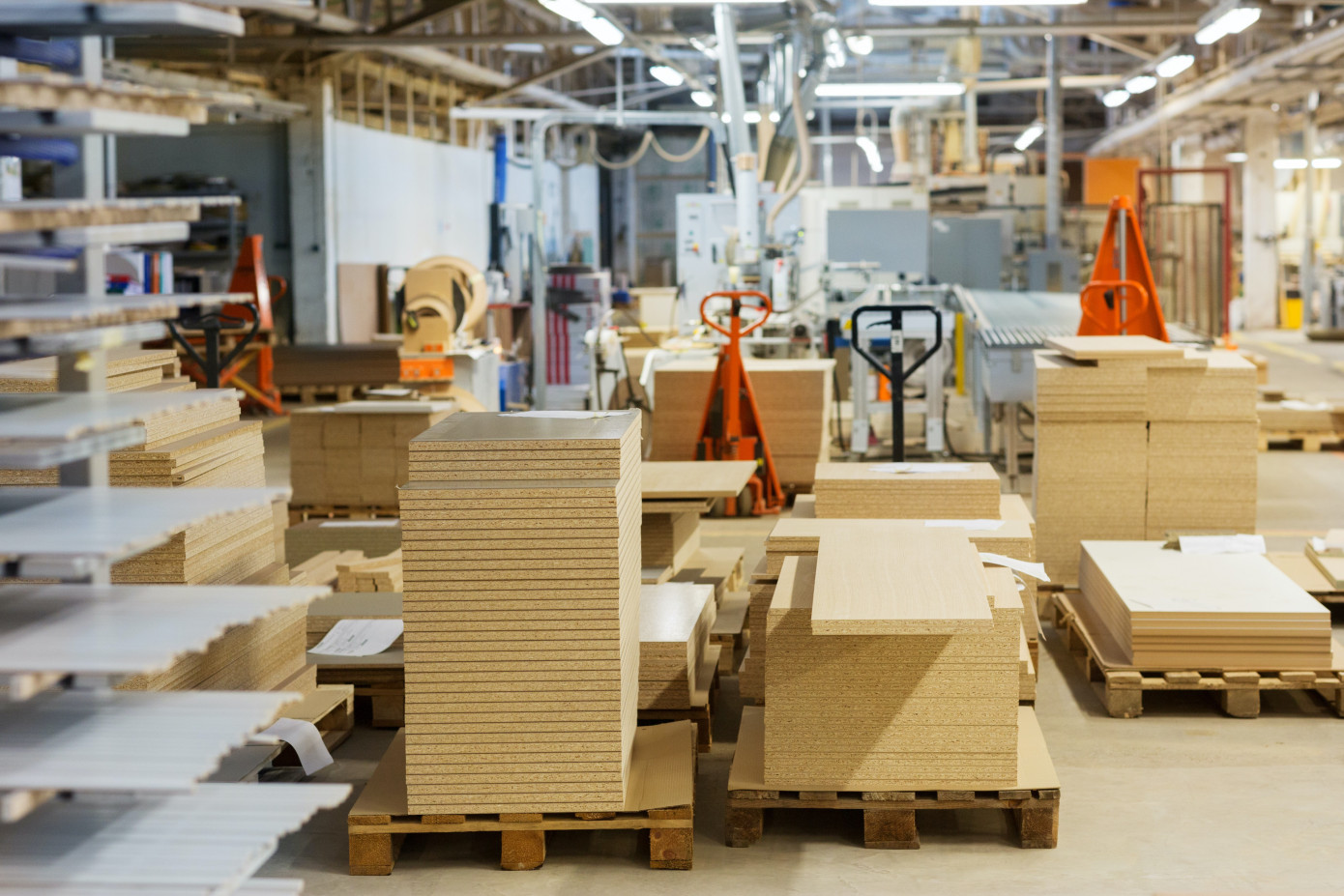The Association of Furniture and Woodworking Enterprises of Russia sent an official proposal to the Russian Ministry of Economic Development to establish protective duties of 60% on the import of furniture and raw materials for it - wood panels and plywood - from Russia-unfriendly countries, according to Lesprom Network.
The rate for Russia-friendly countries is proposed to be set at the level of 10%, for the Eurasian Economic Union no duties are provided. This measure will allow Russian producers to compete with foreign manufactures in the domestic market.
In fact, it is a ban on the import of furniture from Russia-unfriendly countries, as well as raw materials and components, the association notes. The Association of Furniture And Woodworking Enterprises of Russia asks to extend restrictive measures to most types of furniture - kitchens, cabinet, upholstered furniture, mattresses, MDF, OSB, chipboard, plywood, except for those that are not produced in Russia at all or are produced, but not on a sufficient scale.
The Association believes that this will bring Russian producers an additional RUB 50 billion ($813 million) revenue per year and will ensure the annual growth of the domestic market of furniture and board products by 10-12%. Wood panel and plywood producers can count on additional demand of up to RUB 15 billion ($244 million) per year, because wood-based panel and plywood imports into Russia were about RUB 34 billion ($553 million) in 2021.
Kirill Lapin, managing partner of the international consulting group Seitenberg (Austria), considers the innovation a justified measure hence Russian furniture is not sold in Europe anyway, as it is under sanctions: “Leading Russian furniture companies are equipped with state-of-the-art production lines and produce quite competitive products, at least as good as European ones,” the expert explains. “At the same time, it is necessary to understand that the introduction of duties cannot be a permanent measure, otherwise, in the absence of competition, the Russian furniture market will significantly lag behind current trends in design and product quality.”
Kirill Lapin believes that those companies that use this opportunity to develop and implement marketing strategies and enter new export markets, primarily Africa and Asia, will be successful.
The Association explains the need for early introduction of tough protectionist measures by the difficult situation in the industry. Starting from March 2022, furniture production volumes have been declining in physical terms, the cost of production, including due to an increase in the cost of the import component, is growing, and consumer demand is falling, and in order to support it, furniture makers are forced to reduce selling prices.
Timur Irtuganov, CEO of the Association of Furniture and Woodworking Enterprises of Russia, says: “If we don’t support the industry now, then it risks becoming loss-making from a profitable and export-oriented. Yes, because of the sanctions, the volume of imports is declining, but, in our opinion, this is a temporary phenomenon. Europe, the traditional supplier of furniture, is quickly reorienting itself to deliveries to Russia through Turkey; Chinese manufacturers are becoming more active, with whom we could not compete on price even before the crisis. In the future, foreign manufacturer competition will lead to the displacement of Russian furniture makers from its domestic market, and not to an increase or decrease in furniture prices. Now is the time to really protect domestic producers.”
“In the current difficult economic situation, furniture industry also needs other assistance, in addition to duties,” adds Kirill Lapin. “This is preferential lending, reducing the tax burden, subsidizing and all-round support for the implementation of plans for the export of products.”
The Association of Furniture and Woodworking Enterprises of Russia looks forward to the early consideration and approval of this initiative by all relevant ministries and departments.
